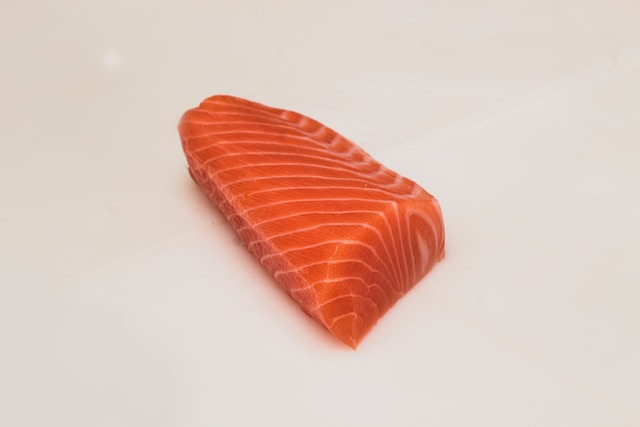W6 Salmon Update: Norway's Seafood Resilience in South Korea, California Salmon Industry's Plea for Federal Support

Norway Maintains Strong Seafood Presence in Korea Despite Slight Export Decline
Data from the Norwegian Fisheries Committee reveals that South Korean seafood imports from Norway reached 72.2 thousand metric tons (mt) tons in 2023, representing a slight 4% year-on-year (YoY) decrease from 75.6 mt. While this decline suggests a shift in market dynamics, it aligns with the overall slowdown in seafood consumption observed globally. Despite the volume dip, the Norwegian Fisheries Committee views this performance favorably, considering the broader market context.
The survey conducted by the Norwegian Seafood Board found that 44% of South Korean consumers are aware of the origin mark, maintaining a high level from 2021 and solidifying Norway's image as a trusted source of seafood. Notably, awareness of Norway as the origin of salmon remains exceptionally high at 92%, exceeding 90% since the second half of 2022. The Norwegian Fisheries Committee plans to implement various initiatives in 2024 to enhance brand awareness further and increase the consumption frequency of Norwegian seafood in the South Korean market.
California Salmon Industry Seeks More Federal Aid After Closure
The 2023 closure of the California Chinook salmon season due to population decline has severely impacted the state's commercial fishing and recreational guiding industries. While federal disaster relief funding of USD 20.6 million has been allocated, industry groups argue it falls short of their needs and urge further assistance. The USD 20.6 million federal aid represents a 33% reduction from the initial USD 30.7 million requested by fishing groups. This amount is deemed insufficient to address the industry's significant economic losses, estimated at USD 30 million. Industry representatives highlight the contrast with the 2008-2009 salmon disaster, where relief funding reached USD 170 million.
Fishing groups attribute the salmon decline to multiple factors, including drought, water management practices, and inaccurate season modeling. Closure of the season was undertaken under the promise of federal disaster relief to compensate for lost income. The industry played a crucial role in protecting the salmon population by accepting the closure, and they deserve fair compensation for their sacrifice. The request for additional aid raises concerns about the long-term sustainability of the California salmon industry, which could potentially face extinction if economic challenges persist.


